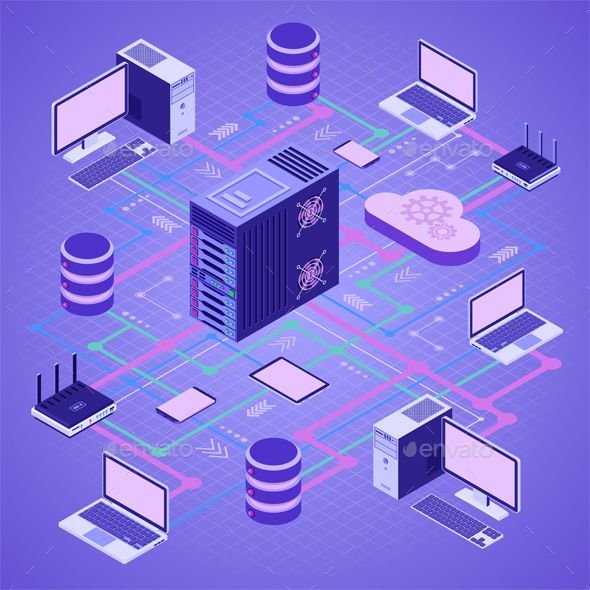Data science has emerged as one of the most sought-after fields in recent years, promising lucrative career opportunities and the chance to work on groundbreaking projects. However, a common question arises for many aspiring data scientists: Is data science difficult? The answer isn’t straightforward, as it depends on various factors, including one’s background, skills, and mindset. Let’s delve into the different aspects that contribute to the perceived difficulty of data science.
1. The Multidisciplinary Nature
Data science is inherently multidisciplinary, combining elements of statistics, computer science, and domain-specific knowledge. Mastery in each of these areas is essential to becoming proficient:
- Statistics: Understanding statistical methods and concepts is crucial for analyzing data and drawing meaningful conclusions. For those without a background in mathematics, this can be a steep learning curve.
- Programming: Proficiency in programming languages like Python or R is necessary to manipulate data, build models, and implement algorithms. For those new to coding, this might pose a significant challenge.
- Domain Knowledge: Effective data scientists must understand the context in which they operate. Whether it’s finance, healthcare, or marketing, domain knowledge allows them to ask the right questions and interpret results accurately.
2. Continuous Learning and Adaptation
The field of data science is constantly evolving, with new tools, techniques, and technologies emerging regularly. Staying current requires continuous learning and adaptation:
- Learning Curve: Tools like TensorFlow, PyTorch, and various data visualization libraries can be daunting for beginners. Moreover, the rapid pace of advancements means that what is relevant today might become obsolete tomorrow.
- Adaptability: Successful data scientists are those who can quickly adapt to new methodologies and integrate them into their workflows. This adaptability requires a mindset open to change and a commitment to lifelong learning.
3. Complex Problem-Solving
Data science involves tackling complex problems, which often have no straightforward solutions:
- Data Cleaning: A significant portion of a data scientist’s time is spent on data cleaning and preprocessing. Dealing with messy, incomplete, or biased data can be frustrating and time-consuming.
- Algorithm Selection: Choosing the right algorithm for a particular problem requires deep understanding and experience. Different algorithms have their strengths and weaknesses, and selecting the most appropriate one is crucial for success.
- Interpretation and Communication: Interpreting results and communicating findings to non-technical stakeholders can be challenging. Data scientists must be able to translate complex insights into actionable recommendations.
4. Tools and Resources
Fortunately, there are numerous tools and resources available to ease the learning process:
- Online Courses: Platforms like Coursera, edX, and Udacity offer comprehensive courses on data science, often taught by industry experts and university professors.
- Communities and Forums: Engaging with communities like Stack Overflow, Reddit, and Kaggle can provide support and foster learning through collaboration and discussion.
- Open-Source Libraries: Libraries like Pandas, Scikit-Learn, and Matplotlib simplify many data science tasks, making it easier for beginners to get started.
5. Personal Traits and Skills
Certain personal traits and skills can make the journey easier:
- Curiosity: A natural curiosity and desire to understand how things work can drive a data scientist to explore deeper and ask the right questions.
- Persistence: Data science projects often involve trial and error. Persistence and resilience are essential to overcome setbacks and continue refining models and approaches.
- Analytical Thinking: Strong analytical and critical thinking skills enable data scientists to break down complex problems and approach them methodically.
Conclusion
So, is data science difficult? The answer varies from person to person. For those with a strong background in mathematics, programming, and analytical thinking, it might be more accessible. However, for others, the multidisciplinary nature, continuous learning requirements, and complex problem-solving aspects can make it challenging.
Ultimately, the perceived difficulty should not deter aspiring data scientists. With the right mindset, resources, and dedication, anyone can learn and succeed in this dynamic and rewarding field. Embrace the challenges as opportunities to grow, and remember that every expert was once a beginner.





